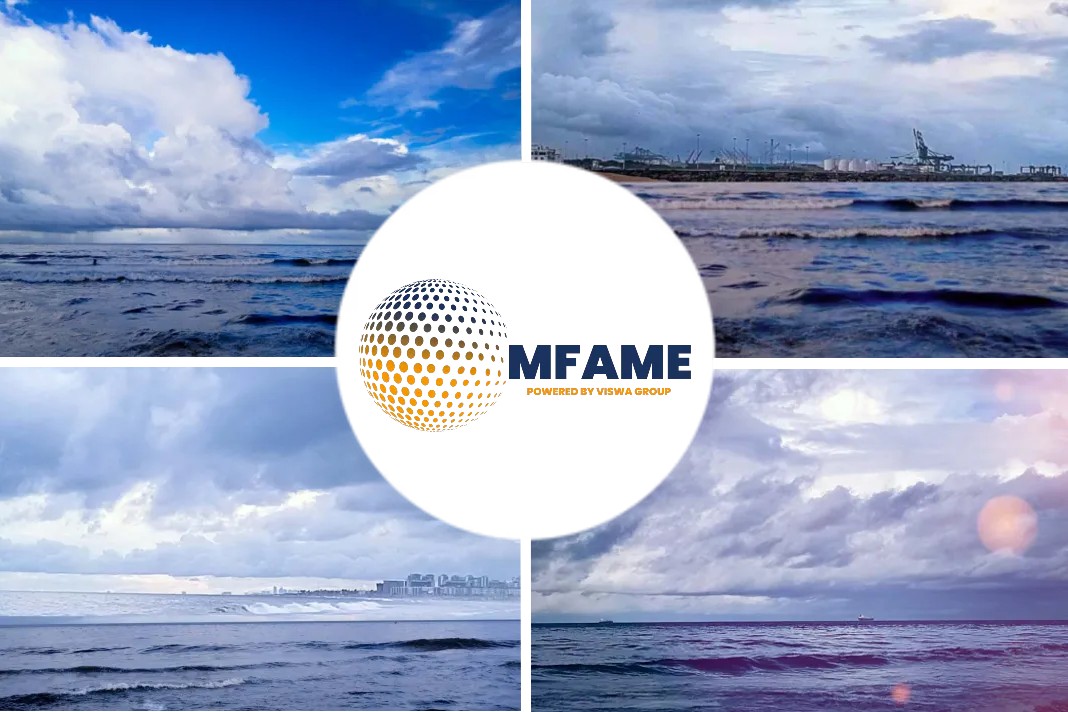Vessels heading to the US and Caribbean with ultra low sulfur diesel from the Baltics and the Persian Gulf have reversed course after the arbitrage, which some sources had said was challenging in the first place, faltered.
The Amalia, a Primorsk-loaded Long Range 1 tanker initially headed to the Caribbean, double-backed on itself to discharge into Rotterdam on Sunday, according to data from cFlow, S&P Global Platts trade flow software.
Sources had been doubtful about the economics of the arbitrage from the Baltic and Europe more generally, saying it was dependent on vessels already on water in order to meet the prompt nature of the demand.
“People are talking about the reverse arb with the HOGO but I am not sure about that…you need vessels that are prompt and then you have the problem of spec,” a source said, referring to the more stringent cold proprieties required on the US East Coast than is typically available in Northwest Europe.
An LR2, the Pacific Anna, made a u-turn in the Atlantic to start heading to Antwerp. However, that volume will likely be replaced by the Yanbu-loaded Phoenix Dream which was heading to New York instead, cFlow data showed.
That followed in the wake of the LR2 Alburaq, which was also heading to New York.
The reverse arbitrage had been facilitated by a US in the grip of an extremely cold spell which has pushed the spread between NYMEX heating oil and Low sulfur gasoil futures — the HOGO — wider.
However, towards the end of last week, the spread has been coming off as the severe weather has impacted road fuels and industrial usage.
The front-month HOGO, settled at 12.52 cents/gal on Friday after having been as strong as 14.57 cents/gal on Wednesday, ICE data showed.
Did you subscribe for our daily newsletter?
It’s Free! Click here to Subscribe!
Source: Platts

















